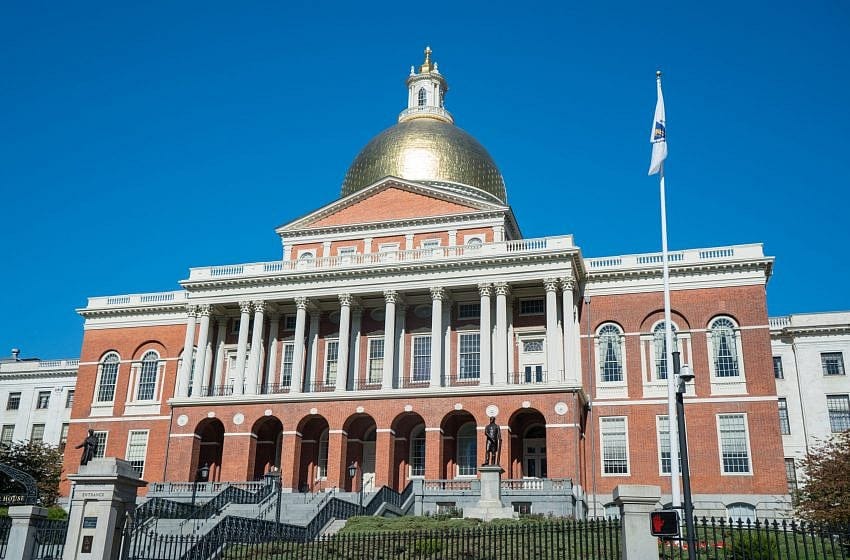Extension of Formal Legislative Sessions May Provide Oxygen for Left-of-Center Bills in Massachusetts Legislature

Two days before the formal legislative period was set to expire, Massachusetts House Speaker Robert DeLeo introduced a measure that could extend it until the end of the year – which would also extend the period to pass left-of-center legislation.
Conservatives who thought they were in the clear for 2020 on left-wing measures such as the ROE Act abortion expansion bill, physician-assisted suicide, and tax increases may have more work to do.

